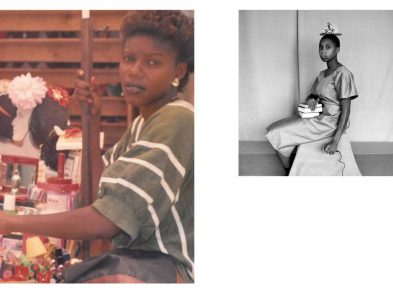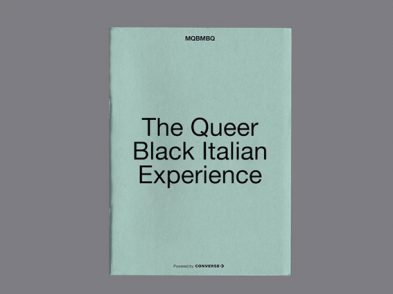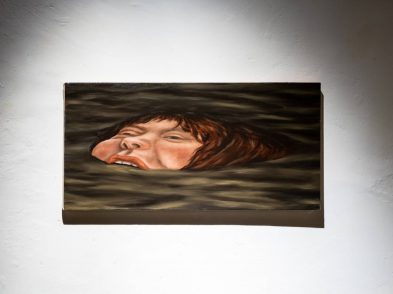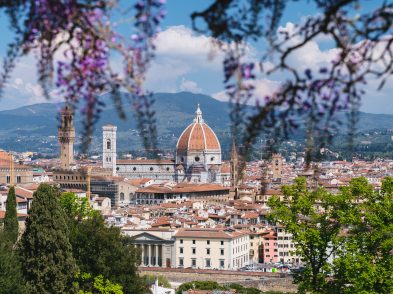In 2019, the Italian Senate made the decision to form the Segre Commission as a focus group dedicated to combatting hate, racism and antisemitism across the country, based on a proposal by the senator for life Liliana Segre. The proposal resulted in 191 votes in favor and 98 abstentions. This decision and its pushback have inspired a local commission advanced by the City of Florence, which has brought forth encounters and dialogues over the past year. Led by the president of the commission Barbara Felleca (PD) and vice president of the Movimento 5 Stelle Roberto De Blasi, members include Patrizia Bonanni (PD), Donata Bianchi (PD), Alessandra Innocenti (PD), Laura Sparavigna (PD), Leonardo Calistri (PD), Renzo Pampaloni (PD), Michela Monaco (Lega), Andrea Asciuti (Lega), Luca Tani (Lega) and Antonella Bundu (Sinistra Progetto Comune).
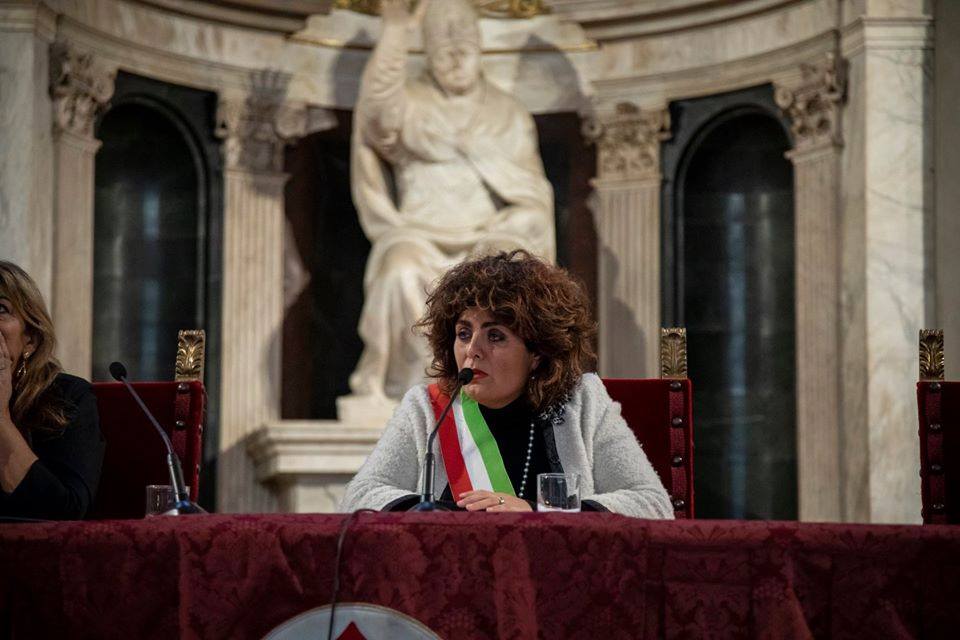
President of the Florence Segre Commission Barbara Felleca / ph. Controradio
BHMF was amongst those invited by Bundu to speak at a meeting of the commission in the context of a dialogue around the needs and visions of Afro-descendent communities. Joining BHMF were Pape Diaw, president of the cultural center Oltre l’Africa; Angelica Pesarini, professor at NYU Florence; Mamadou Sall, president of the Senegalese community; and Aminata Kida, activist, entrepreneur and presenter of the TV channel Italia Africa. This exchange provided an informal moment of shared perspectives through contributions to the commission’s decision making. The following covers the themes and concerns that were presented, which pivoted from the signaling of crucial issues, like housing discrimination in Florence, to the advancing of strategies and tactics across a broad spectrum of public and private sectors, with each intervention soliciting a vocal response from all in attendance at the meeting.
Following a brief introduction by the commission’s president, the first to take the floor was Aminata Kida, who spoke of the need for a shift in the prevalent perception of Afro-descendents as not being Italian, a reflection perpetuated in part by a lack of representation in fields as disparate as pop culture and politics. The activist and entrepreneur discussed the need for enhanced access to means and outlets of defense for victims of episodes of racism and the dangers of values embedded in forms of historical removal in relation to Black Italian history extending back into antiquity.
BHMF’s contribution focused on strategies and approaches that have been elaborated towards the formation of networks and platforms that anchor Black Italian history within every historical period and social context. Central to our intervention was the role and responsibility of the city government in being an active contributor to supporting, extending and advancing these conversations and calibrating the values of local society.
Pape Diaw, whose extensive and seemingly tireless work in the field, began by speaking about the fact he is tired of talking about racism without action taking place. He spoke of the need for a national plan in combatting racism, pointing out that the language and approach is already outlined in the Carta di Bologna, a document made up of ten proposals. As a figure consistently active in this fight, his frustration with the lack of ability to enact what is decided upon was clear and merited. His closing remarks spoke to a need for intervention within school systems to reach younger students with the perspectives and reflections that are crucial to shaping their values.
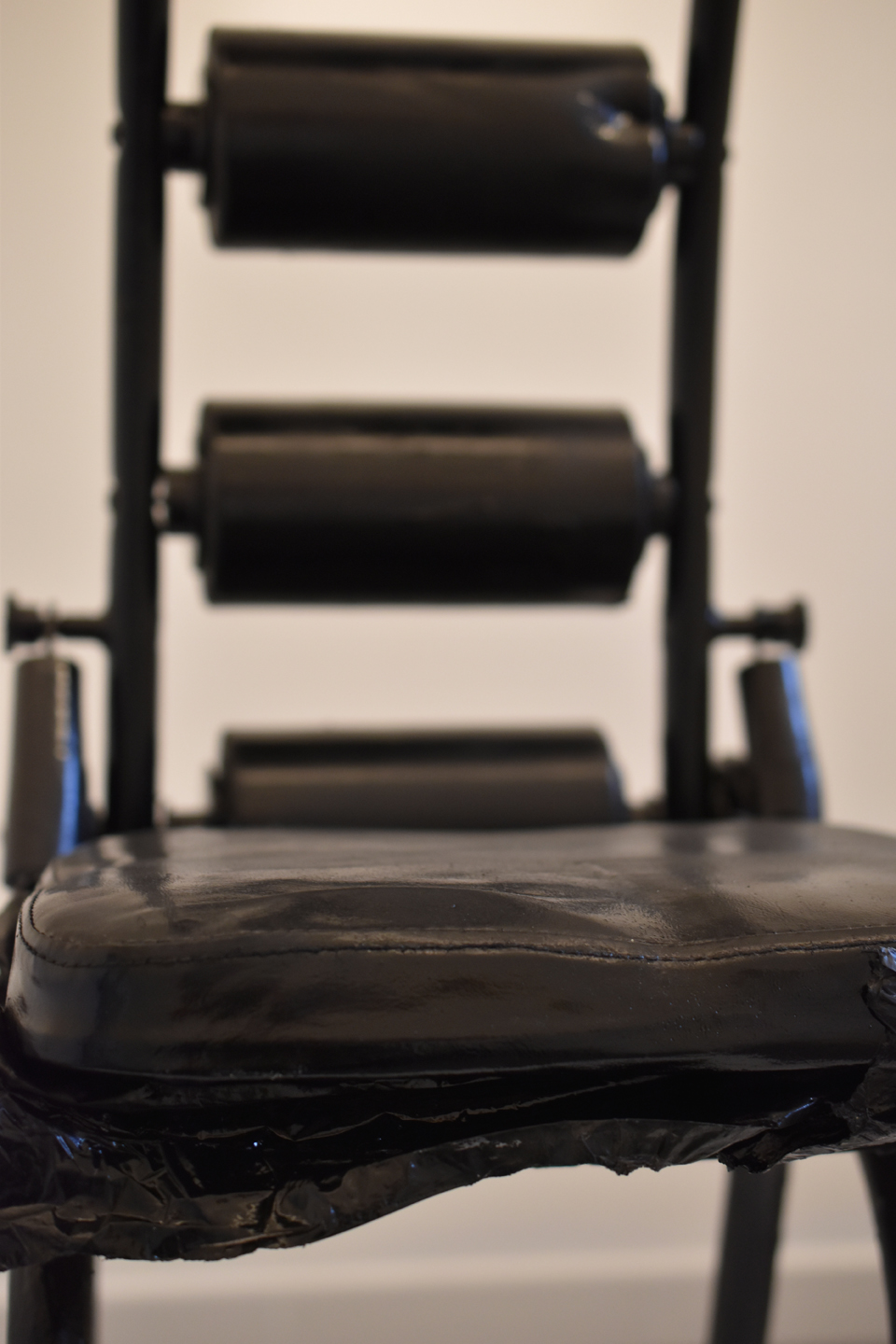
La Direzione di Vivere, Emmanuel Yoro, wood, gym equipment, leather, steel, acrylic and plastic bag, 2020. Ph. Jemma Robin Thompson from the exhibition Gettare il Sasso e Nascondere la Mano; Murate Art District, 2021. The work is dedicated to Jerry Essan Masslo.
The next speech was by Mamadou Sall, who addressed the ways in which racism in Italy is arrogantly rendered banal, defined too frequently as something that exists beyond the country’s borders. Sall reminded us of the murders of Idy Diene, Samb Modou and Diop Mor in Florence and outlined several forms of racism, including “democratic” racism, a light and nonchalant use of words that are frequently left unchallenged. “Selective” racism was next, the kind that may not address an individual as the scapegoat in the given moment, but which will turn towards and on you sooner or later. With this, Sall emphasized the need to be careful in our reporting and discussion of crime in order to condemn the crimes committed, and not the people, whose backgrounds are all too frequently instrumentalized as being relevant. The president of the Senegalese community’s closing remarks shifted towards jus soli, the much-felt proposal for citizenship reform, and the need to prepare all of Italy’s children citizens for future racism, fueled by the marginalization that non-citizen status carries with it.
The word “race” in the Italian language and the push towards an elimination of its use was at the focus provided by Angelica Pesarini. The difficulty in denouncing what cannot be named is apparent and the absence of a public discourse around forms of self-identification were woven into this crucial reflection. The professor highlighted presumptions of universalism and the exclusions inherently written into it as anchored in the violence of history that race brings to the fore. Pesarini spoke of the frequency with which we hear the phrase, “I don’t see color”, shedding light on the fiction of these words. She closed by speaking to the need for addressing the social constructs of Italianness and foreignness, and the racialized dimensions of these constructs throughout Italian modern history in support of a system of power that distributes privilege.
The power and resonance of these contributions were, in such a short time slot, only able to scratch the surface of a profound pool, which is partly deepened by immense oversight on behalf of local and national government. Ironically we are struggling to pursue a citizenship reform that would bring us to a policy first established in Italy under Caracalla in 212 AD. Perhaps, as Diaw stated, we have already spent too many words and it is the time for action. Following his suggestion, we can turn to the Carta di Bologna, which elaborates this ten-point plan:
1. Increased vigilance around racism, including mechanisms for consultation
2. Evaluation and collection of data on racism and increased control over municipalities
3. Increased support for victims of racism, including the establishment of disciplinary measures for its perpetrators
4. Increased participation and diffusion of information providing rights and obligations in relation to racist behavior
5. Cities as the main active supporters of equal opportunities activities
6. Cities as providers of work and services connected to equal opportunities
7. Equal access to housing, including concrete actions for combatting housing discrimination
8. Contrasting racism through education in relation to intercultural dialogue
9. Promotion of cultural diversity through cultural programming, collective memory and socially engaged public space
10. Criminalization of hate and adoption of measures that assist with conflict resolution


